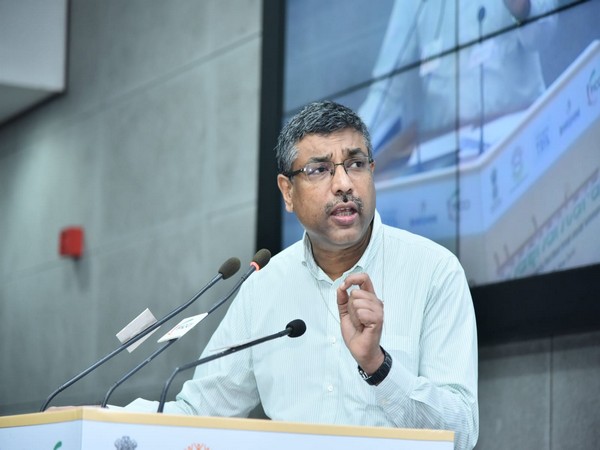India's AI Ambitions: Sharing Technological Solutions with the Global South
India signals its readiness to share AI models with the Global South, highlighting its multilingual technology ecosystem as a global leader. Strategic collaborations through India's AI Mission aim to democratize AI development and extend multilingual internet access, tapping into vast commercial potentials in non-English-speaking markets.

- Country:
- India
India is poised to share its artificial intelligence models with the Global South, announced S Krishnan, Secretary at the Ministry of Electronics and Information Technology, during the FICCI conference Bhashantara 2025. He touted India's diverse language technology ecosystem as a catalyst for global AI advancements: "If you can do it in India, you can do it practically anywhere else in the world."
This initiative follows extensive talks with UN officials interested in India's collaborative AI development methodologies, positioning India as a viable alternative to other AI ecosystems. The focus is on crafting solutions adaptable to multilingual and resource-constrained settings.
Under the government's India AI Mission, AI Kosh—a data repository with over 400 databases—aims to assist research and entrepreneurship in multilingual AI solutions. Programs like Mission Bhashini and Anuvadini focus on cataloging regional dialects. The digitization of traditional knowledge, like Ayurvedic texts, further enhances datasets for global healthcare and research.
India's multi-stakeholder approach, featuring inputs from academia, industry, and research institutions, was highlighted at the conference. Leaders underlined specific needs to fast-track multilingual AI capabilities, with a commitment to boost private sector involvement.
Harsh Dhand from Google, speaking at the event, proposed three main strategies for government engagement: accessing historical data, expanding 'Make in India' into 'Made in India by India for India', and linking research bodies to streamline resource use. Industry contributions should include tech access, startup funding, and education initiatives.
Ajay Data discussed advancements in local language internet domains, now available in all official Indian languages, recognizing the economic potential in non-English-speaking markets. Sandeep Nulkar concluded that the multilingual internet's realization is now a necessity, addressing not just academic concerns but also demographic, developmental, and economic challenges.
(With inputs from agencies.)
ALSO READ
Language Unity: Fadnavis' Vision for Multilingual Maharashtra
Russia Tightens Grip on Internet: New Law Targets 'Extremist' Searches
Kyrgyzstan Tightens Grip: Internet State Control and Pornography Ban Enforced
Libraries thrive in violence-hit Manipur offering job-seekers quiet places to read, surf internet
Avatar: Fire and Ash: The Leaked Trailer Stirring Up the Internet










